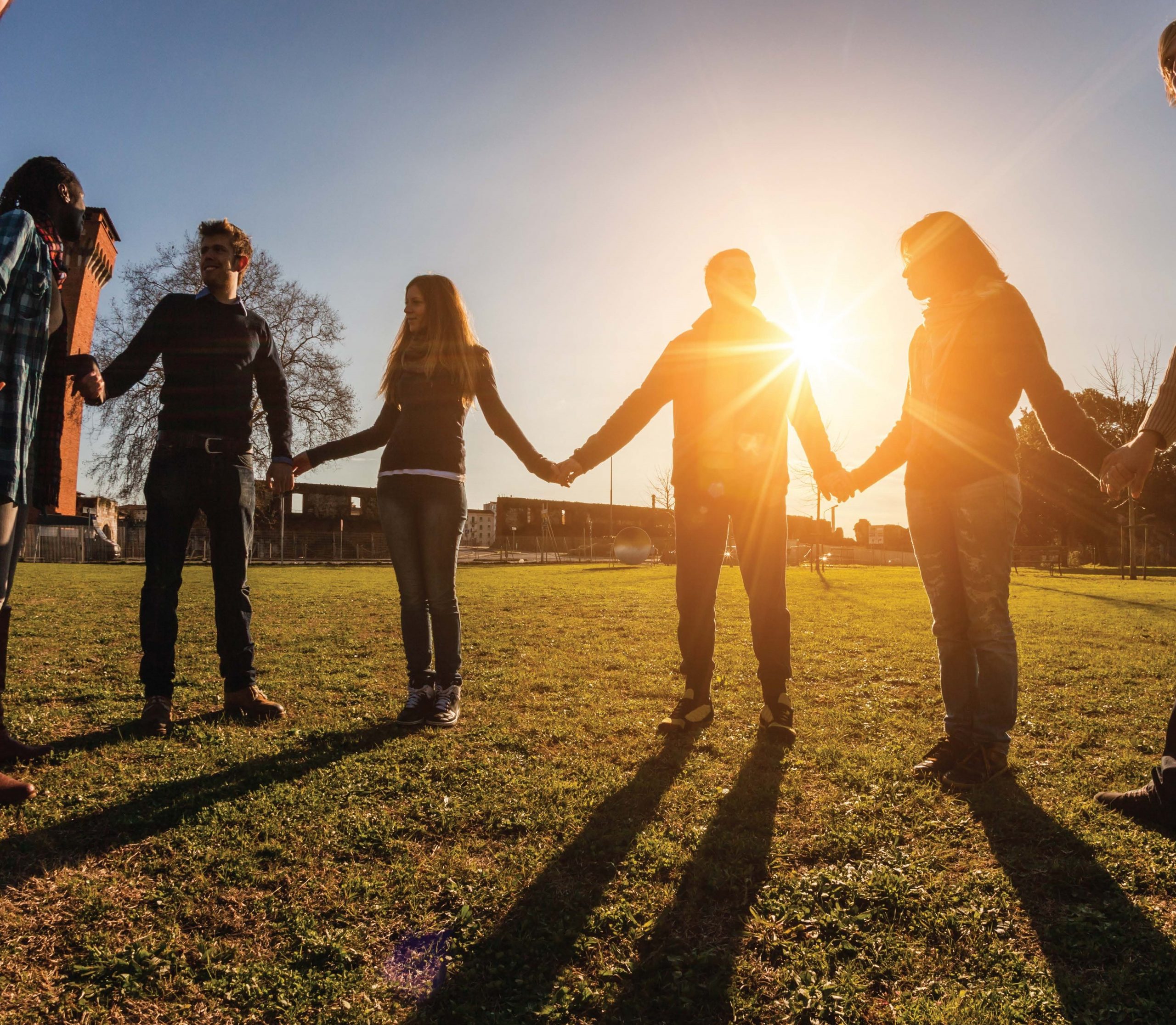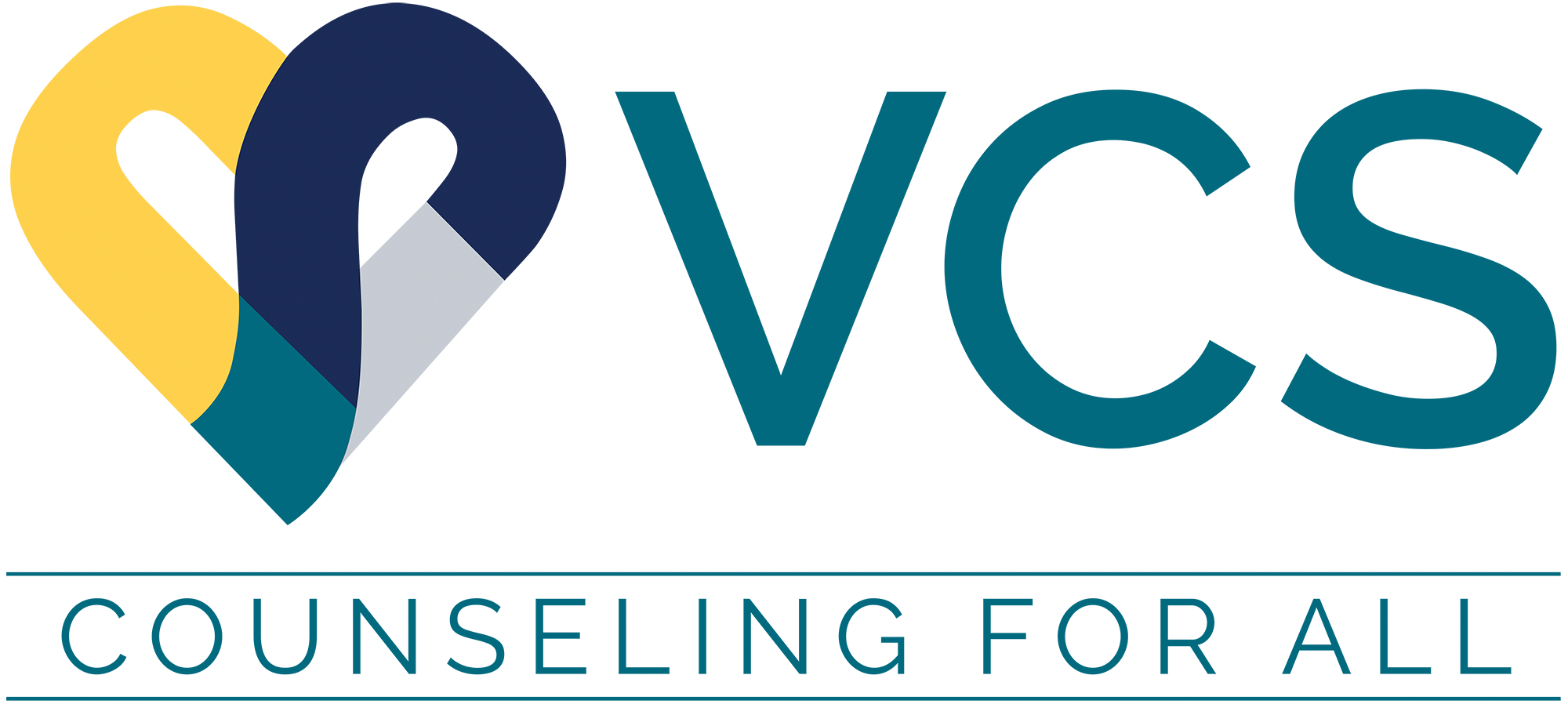COVID-19 & Mental Health
The COVID-19 pandemic has been traumatic on so many levels, for so many reasons, for so many people.
But now that we are emerging from the pandemic with decreasing cases and deaths, the easing of restrictions and the continued rollout of vaccinations, many of us are experiencing a different kind of trauma. The ending of the quarantines and the lockdowns can leave us feeling vulnerable when it comes to our physical health, because uncertainty has been consuming us all since the pandemic first tightened its grip more than a year ago. Subsequently, uncertainty over our physical health can take a severe toll on our mental health.

Many of us are just now emerging from our more-than-year-long pandemic-induced cocoons. For many, many months, we’ve been sending one family member to the supermarket for groceries. We’ve been picking up items from stores on the curb. We ask takeout food delivery folks to leave our meal outside the front door. We’ve missed holidays and birthdays that would have normally been spent with loved ones. We couldn’t attend or even hold wakes and funerals for loved ones. We haven’t hugged anyone outside of our household. We haven’t socialized. We haven’t interacted. We haven’t indulged our humanity with those 9 million things that, pre-pandemic, we did on a daily basis without a second thought, and took for granted because they were so ordinary.
Losing it all to the pandemic was traumatic enough. How on earth do we process our emotions, our concerns, our fears, now that we’re getting it all back, and getting it all back so quickly?
This opinion piece headline for a Washington Post article hit the nail on the head in many ways: “I’ve been yearning for an end to the pandemic. Now that it’s here, I’m a little afraid.”
Before you fall any further down this rabbit hole, take a deep breath. Focus on one thing that you are grateful for, like a loved one or a pet or a favorite place to visit. Remember that nobody is alone, we are all in this together and help is available. VCS in New City, Rockland County, New York is here for you with support that can help. For starters, VCS for people ages 60-and-older hosts a COVID-19 Support Group each Wednesday at 4 p.m. VCS manages a far-reaching support network that can address COVID-related mental health issues, as well as mental health issues that are unrelated to the coronavirus, but may have simply gotten worse because of the pandemic.
So what is potentially causing this end-of-pandemic trauma? There’s a lot to unpack.
Many of us began working from home at the onset of the pandemic. According to a December 2020 report from Pew Research, "Most workers who say their job responsibilities can mainly be done from home say that, before the pandemic, they rarely or never tele-worked. Only one-in-five say they worked from home all or most of the time." But in December 2020, according to the article, 71% of those workers were working from home all or most of the time.
Far beyond any loss of “luxury,” like working in sweatpants or walking the dog more often during the day, returning to work in an office could raise a range of issues that strike at the heart of our mental health, and how it is linked to the pandemic. Is my commute on public transportation safe? Will my office layout be modified to encourage social distancing? Will my company respect my wishes when it comes to concerns regarding COVID-19 and the pandemic? What if a co-worker has less regard for COVID precautions than I do and we work closely together? I’m just not ready to return to pre-pandemic-office-life so soon. Will anybody respect my concerns?
What about children in school? “Schools Are Open, but Many Families Remain Hesitant to Return”, reads the headline from a May article in the New York Times. The article says the pandemic has dramatically altered life for students, parents and families. Teenagers from low-income families have taken jobs because parents lost their jobs. Parents who modified child care arrangements because of the pandemic don’t want to disrupt established routines. Some families don’t know school districts have reopened, because of language barriers.
The link between children attending school and parents being able to work because their children are attending school became all too clear during the pandemic. Now that schools are returning to normalcy, will family life follow? It’s really anybody’s guess.
A March Boston Globe article about emerging from the pandemic asks, “Can someone go from pandemic life to a return to pre-pandemic normalcy in a relatively short amount of time? The short answer, according to a couple of experts, is that what people will do will vary. And some may be surprised by the emotional toll the crisis has taken on them, and the collective sighs of relief may not come as quickly as anticipated.”
The pandemic may be winding down. But is the uncertainty winding down? COVID-19 struck so hard and so swiftly that nobody can be blamed for hesitancy as we all gear up to step back into the batter’s box. Many of us got beaned in the head with a pitch the first time at bat. And while most of us are wiser now, one never knows when that next curveball will descend upon us.
What we do know, what remains certain in a world buckling beneath uncertainty, is that help, support and resources are available. Assistance is at hand. VCS awaits with a strategy that can move all of us forward together, resilient and responsive.

